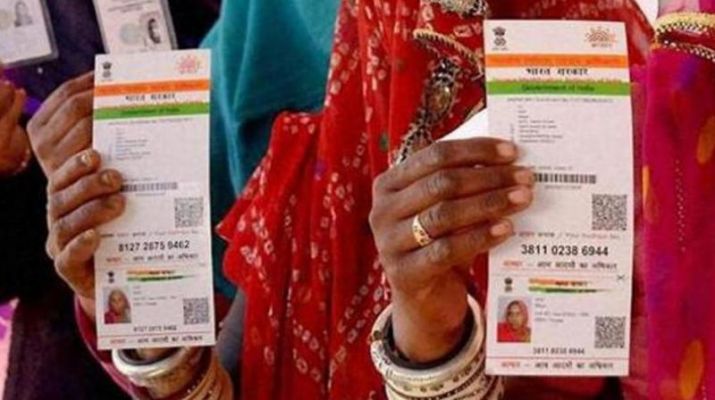Contains spoilers.
Incredibles 2 isn’t the innocuous accompaniment you’d want to the stupor following a Thanksgiving meal. It seems to be unabashed propaganda, though it most likely isn’t; but it’s likely to cause dyspepsia. The movie dispenses with Hollywood’s sappy lip-service to wokeness and presents the world view of “job creators” unvarnished. Such brazenness is true to our times.
The voice that laments consumerism and choosing “ease over quality” is the villain’s, who tries to sabotage her brother’s mission to end the prejudice against superheroes, or “supers.”
Win Deavor launches a PR campaign by staging a disaster, and having Elastigirl spectacularly avert it, in order to sell superheroes as benevolent and necessary for security. These supers are benevolent of course, and the salesman trying to get people to accept them is benevolent by extension. Evelyn, his sister, sees people’s dependence on the superheroes as abdication of agency. When Win’s PR stunt succeeds, she secretly hypnotizes Elasticgirl and other superheroes, as well as the world’s dignitaries gathered to formally legalize supers. Evelyn has gone rogue and is trying to impose her will on the world through mind control. Win, the salesman, only wants people to recognize that supers just want to keep them safe.
The movie endorses deferring to those who are strong and have superior ability, treating them as inherently well-intended. Objections to this based on the resulting relegation of people to passivity are presented as sinister and destructive.
‘Kerblam!‘ is the seventh episode in series 11 of Doctor Who. It’s appropriate for Black Friday, the day after Thanksgiving that is hyped, and duly celebrated, as the kickoff of the Christmas Holiday shopping season in the US and elsewhere. But the episode is problematic.
An automated warehouse of the galaxy’s largest retailer is 10% “organic” (human) powered. A human saboteur, posing as a janitor, modifies the bubbles in the packing bubble wrap to explode when popped, and hacks the system to have a huge number of packages sent simultaneously. The aim is to cause explosions when customers inevitably pop the bubbles upon opening their packages. He’s a militant activist protesting the low percentage of humans employed. The system sends a package to The Doctor with “Help” on the packing slip to get her to come and thwart the saboteur’s plan. After hacking the system herself to have the robots explode bubble wrap from all the packages within the warehouse, she lectures the saboteur about the problem being not with the system or technology, but with humans like him who use it for nefarious purposes. The saboteur dies in the explosion. The incident leads the “Head of People” to vow to recommend that the warehouse be “majority organic” powered.
Problem #1: The system ≠ technology. The system is how humans chose to use technology. It’s a proxy for the company that owns and operates it.
Problem #2: Portraying a human activist with a legitimate grievance as a terrorist, and the company (see problem #1) responsible for the grievance as benevolent, is an ideological choice, and not a woke one.
 But others who helped Snowden still waiting for a decision from Canada on refugee status, with one ‘unraveling’ mentally and hospitalized
But others who helped Snowden still waiting for a decision from Canada on refugee status, with one ‘unraveling’ mentally and hospitalized



 https://www.livelaw.in/breaking-sections-33247-national-security-exception-gone-private-entities-cannot-demand-aadhaar-data/
https://www.livelaw.in/breaking-sections-33247-national-security-exception-gone-private-entities-cannot-demand-aadhaar-data/
